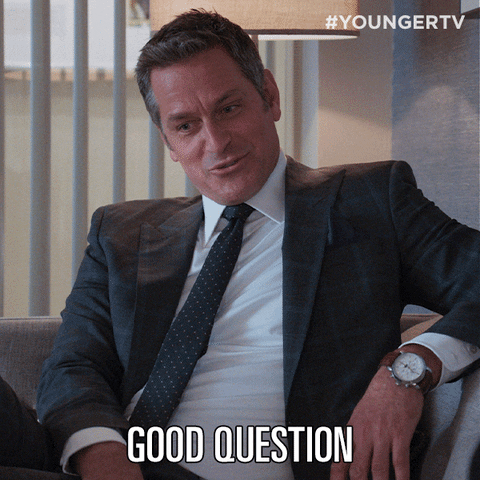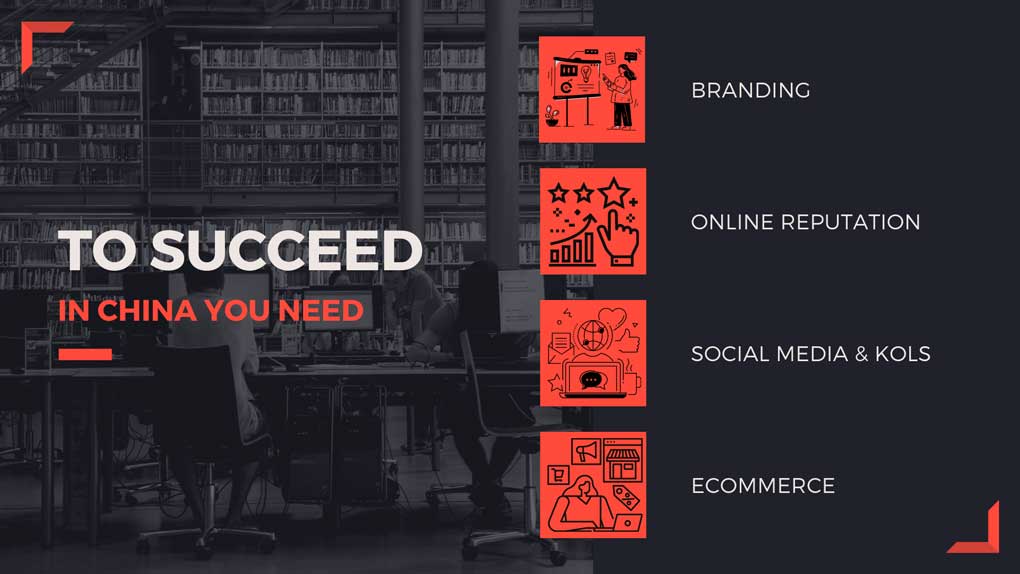What are big Challenges fof distributors, Wholesalers in China?
Good important questions if you want to sell your brand/products to them.

China is like no other country in many aspects. It is a continent-sized country, with 1.4 billion people. It has a unique society model strongly influenced by millennial Confucian beliefs.
On the other hand, they are always a step ahead when it comes to digitalization. There are about 1 billion netizens in China. They are ultra-connected and spend on average 6 hours on their phone per day.
As a wholesaler, you will have to adapt and face many administrative, cultural, and technological challenges. In China, everything will seem new: like a whole new world.
You must forget the idea of copy-paste the models you apply so far in your current markets.
We gathered the most common challenges you are about to face when trying to enter the Chinese market.
Import procedures
Importing procedures could give you nightmares.
China has a strong administrative sense of procedures. When it comes to customs, you have to go through tons of declarations based on (goodwill) approval. Sometimes when you think you’ve done it right, you are being rejected. Mostly the reasons aren’t clearly expressed. One more challenge is that new regulations are sometimes implemented in a blink of an eye. It took you weeks or months to prepare all the needed documents, and overnight the procedure changed and you have to get back to square one.
So do yourself a favor and make sure that your distributor or partner (if you choose to go through distribution) can handle this burden.
Either your distributor/partner has a license to import or will use the services of a third-party importer. Make sure he communicates crystal clear on this point with you.
Hard to import products:
Echoing the above point. Another pain point would be that your product would be considered a “sensitive product”. A non-exhaustive would be food products, pharmaceutical products, cosmetics products…
It requires additional heavy procedures (tons of paperwork) that need to be handled by people who got experience with similar products.
When it comes to choosing your distributor/partner, make sure he can handle these procedures. You can check if he has the required licenses to sell/import these products. If he has experience with these categories. How many years of experience he has with it….
Verify the liability of the distributors/partner:
Before signing any contract, make sure to ask some key point questions:
- How long have they been existing?
- What is their geographical coverage?
- Are they experienced with similar products?
- With which brands do they work?
- Do they have an import license for your products category?
- Will they import by themselves or will they hire an importer?…
Remember that as friendly as they might appear, distributors are not your friends. They are likely to give you the answers you want to hear. So, the best would be to double-check by yourself the veracity of what they claim.
This enterprise might be daunting because lack of resources from where you are located. Even more, since the Covid started and with Chinese borders remaining closed. Giving very few chances to be able to come in person and check by yourself. We would recommend asking for the services of a trusted partner in China or a specialized agency that could help you.
Be careful of the distributor who want to get the exclusivity to distribute your products. One of company has a relatively bad experience in that sense. They signed an exclusity contract with one Chinese distributor and gave him trust to manage all its online sales and promotion. But after a few months the distributor gave no more news, and closed all their accounts in China. This company had to start again form square one in China with a new trusted partner that gave him all ownership of all its accounts in China.
How to handle after-sales
Storage, transport, and handling condition can result in damaged products. (Dirt, humidity, temperature, torn packaging…)
Define in advance quality control before sending the goods.
Cost not much to take some pictures before sending the goods to China as proof you did your job right. Your distributor should do the same when receiving the goods before storing them. It will be easier to identify the weak point in case of any quality issue.
If customers received damaged products, it can badly tarnish your reputation. Chinese consumers are not tender. If they have any dissatisfaction with your products, they will express it with no hesitation online (rating e-commerce platforms, forums, and social media…).
Adapt the strategy according to your new target
Depending on whether you want to sell bulk or under a brand name, the approach will be different.
Let’s take the example of coffee.
If you consider selling your coffee in bulk, with a minimum tonnage, then you should consider having a lead generation strategy. Targeting B2B buyers looking for bulk products.
How does it work? => Check our article about lead generation
The second possibility would be that you sell your coffee as a brand. Then you must choose between a distribution (more info here) or an e-commerce strategy (more info here). This will mainly be determined by the investment you are eager to put on the table. But basically, distribution is the less costly solution if you want to start small.
But mostly how to promote products in China
Whether you are going with a lead generation strategy, an e-commerce strategy, or a distribution strategy, you must go digital.
Thinking sending samples, catalogs, or doing e-mailing campaign will be enough and will work? Sorry, it’s not. They all will end up ignored or in the bin if you don’t have a digital strategy dedicated to China.
Here are 2 common truths applicable to the 3 types of strategies mentioned:
-You need to be visible on the Chinese internet.
In China, everything happens online. When buyers/distributors/consumers want to buy a certain product, they will check online to find what they need on the most used Chinese search engine: Baidu.
Chinese people speak Chinese, right? Despite more and more having some knowledge in English, it’s not instinctive to look for info in English on the internet. Just like it would be for French, Italians, Spanish…So, you must have a website in Chinese so they can find you easily.
Does the great firewall ring a bell to you? Well, that is what makes info and websites based out of China inaccessible to Chinese internet users. So even if you have a Chinese version of your website in your country, you have 0 traffic. To make your site accessible to Chinese users, your Chinese website must be located in China or nearby (e.g.: Hong Kong) . Why? To avoid being blocked by the Chinese Firewall.
You can also use social media like Weibo

-You need to have a good reputation in China
Unfortunately, even if you succeed in implementing the actions above, it will not be enough to start selling your products.

As explained above, the Chinese internet is not linked to the outside world. So even if you already have a good reputation in your current market, in China it will not help. You will have to get back to square one and build a reputation for China.
Once they find info about you on Baidu, they will check online what people say about you. Check if you have a good reputation and are reliable before considering buying from you. We cannot blame them considering all the fake products and scams that China has long been known for.
Chinese are not adventurous; they are strongly influenced by the word of mouth and will look for the approval of their peers. They will check online what people say about you. Either on specialized forums, the online press, or social media, but might also check your sales performance.
What matters is not what you say about yourself (it’s easy to claim that you are number one), nobody will trust you. What matters in China is to get third parties to say that you have good products and are trustworthy.
If you are unsure of what strategy is more suitable for your business, feel free to get in touch with our team. Get a free 30 min consultation, we will be glad to help and discuss your project.

